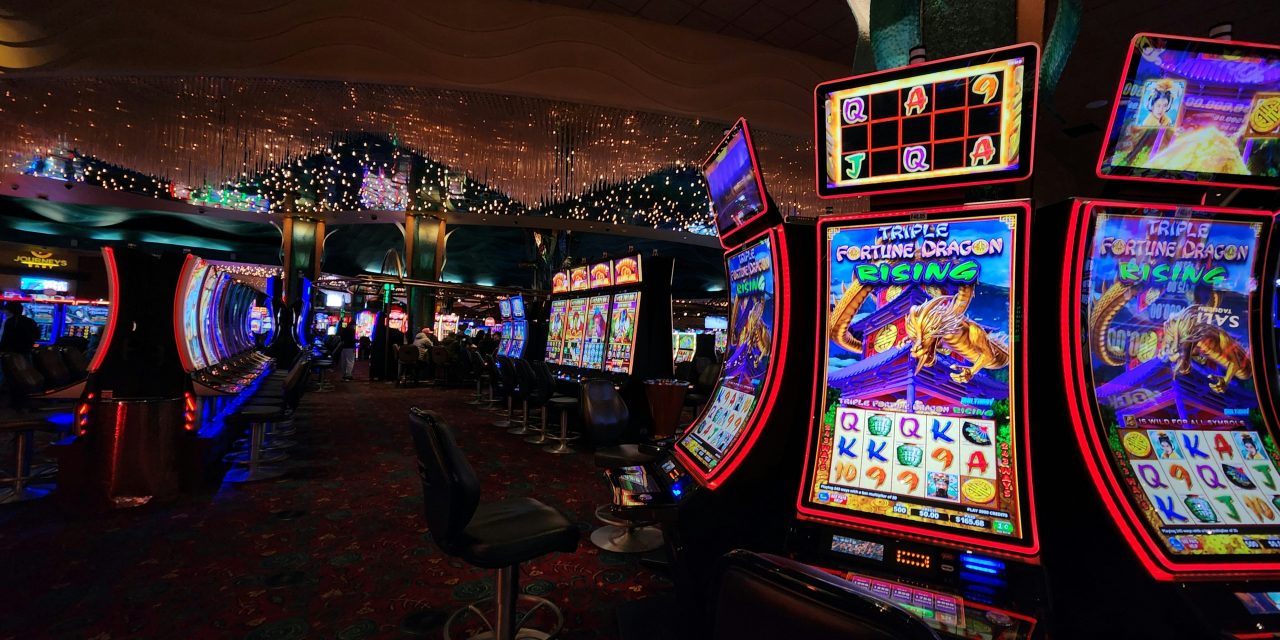Maryland’s casino industry saw a slight dip in July when the sector’s revenues experienced a 2.6% decline year-on-year. This small decline has, however, drawn a lot of attention from lawmakers, industry stakeholders, and the public in general, which has led to a closer inspection of what may be contributing to this downturn and what it will mean for the gambling sector in the long term.
The parallel rise in popularity of online casinos has likely been a factor. Although gambling and sports betting are legal in the state, online gambling isn’t as yet. Meanwhile, around the world, it continues to grow more popular, with new ventures sprouting everywhere. According to Kane Pepi, anyone from a US state that doesn’t offer legalized online gambling can still access such sites via a no-KYC casino platform.
These offshore sites offer a plethora of conveniences like faster sign-up processes that require no ID verification, less restrictive policies, faster transactions, anonymous betting, and generous welcome bonuses. All these benefits, coupled with the accessibility and convenience offered, may have also played a part in a drop in traditional brick-and-mortar casino revenues.
This July, the total revenue that the casino industry in Maryland collected stood at around $160.2 million, which is a minor decrease from the $164.5 million it made in July 2023. Even though this 2.6% downturn isn’t that significant, it does signal a shift away from the consistent year-on-year growth casinos in the state have experienced in recent years. That is why many people are now questioning whether the industry’s growth trajectory will be sustainable and if local casinos are now faced with a new set of challenges.
The truth is it will be hard to determine whether the downturn is caused by new problems as July 2024 Maryland casino revenues saw a 2.6% decline many factors may be contributing to this decline, some of which aren’t specific to the casino industry. One of these is the economic climate in 2024, which has been marked by inflationary pressures that led to a spike in the costs of living, which then impacted how much people have left over to spend on entertainment.
Another factor that could’ve played a role is rising competition within the casino industry in the US as a whole. In that sense, many states with popular casino locations have been expanding their casino offerings aggressively. This increase in competition may have drawn potential customers away from the casinos Maryland has, resulting in lower revenues.
It’s also important to weigh the impact that seasonal factors may have had in lowering revenue figures, as summer months usually come with changes in consumer behavior, with many people going on vacation outside of the state.
In addition, the weather might have also affected casino foot traffic as patrons have to physically travel to these establishments. Maryland was hit with many heat waves in July, which might have made many people reluctant to venture out of their homes. These heat waves might have also made some people who were considering traveling to Maryland on vacation cancel their plans, which led to lower foot traffic at local entertainment venues in general, including casinos.
Many people have been worried about the drop in revenue even though it may not seem like that much. Mostly, what has led to this concern is that the state’s casinos contribute a lot to various public funds, such as infrastructure development and education. That means should casino revenues fall continuously, this will affect the state’s ability to allocate funds to critical public services.
To prevent this from happening, the state’s gambling industry will need to diversify and maybe consider offering online gambling options, which have become popular to adapt to evolving consumer preferences. Diversifying the types of entertainment options at casinos to include dining experiences, live events, and other non-gambling attractions might also help bring in a broader audience to these establishments.
In addition to diversifying, local casinos could also consider reassessing their marketing strategies, which can include focusing more on creating attractive customer loyalty programs. By offering more value to frequent customers and high rollers through exclusive offers and rewards, casinos might make these individuals more likely to keep coming back. Investing more in technologies that will streamline operations and enhance customer experiences might also give Maryland casinos an edge in the competitive market they’re in.







Recent Comments